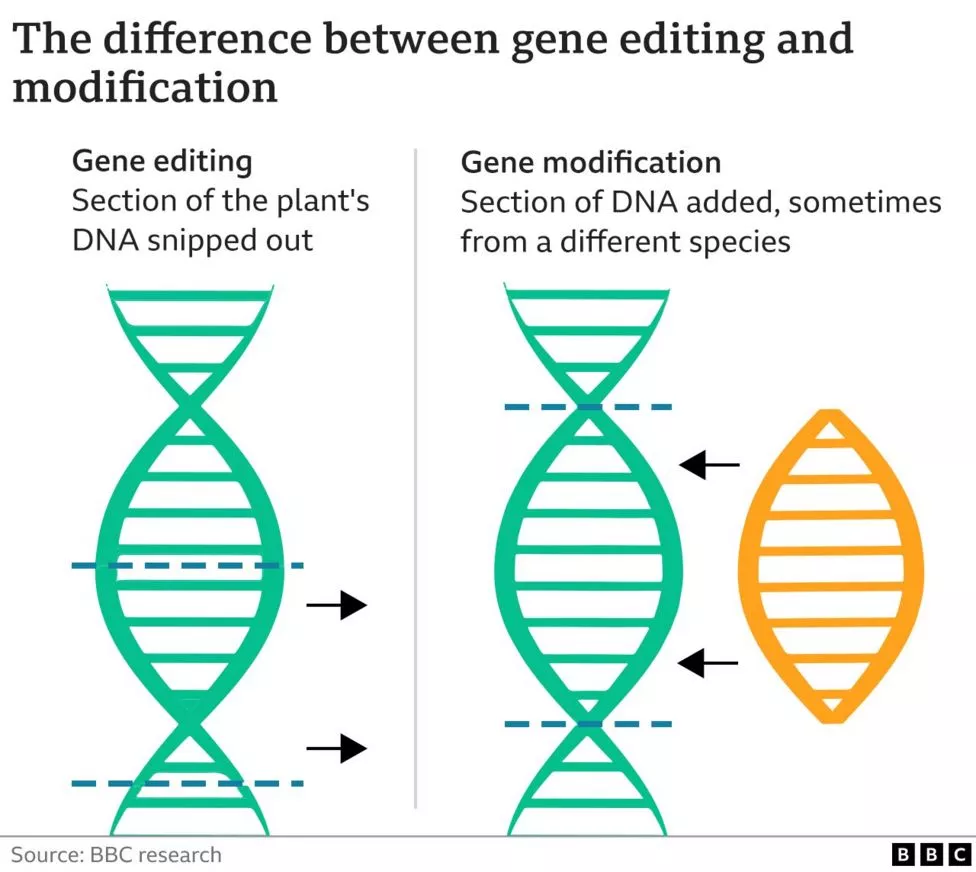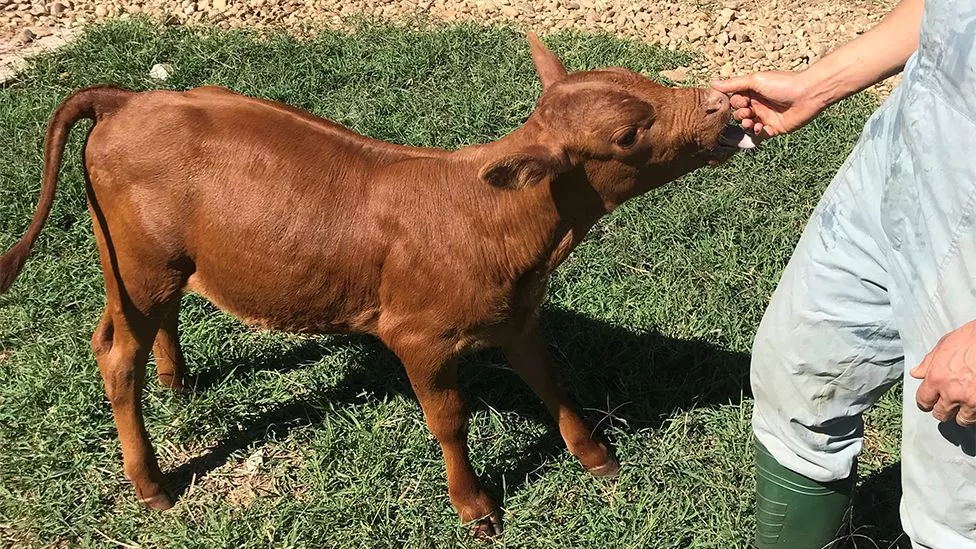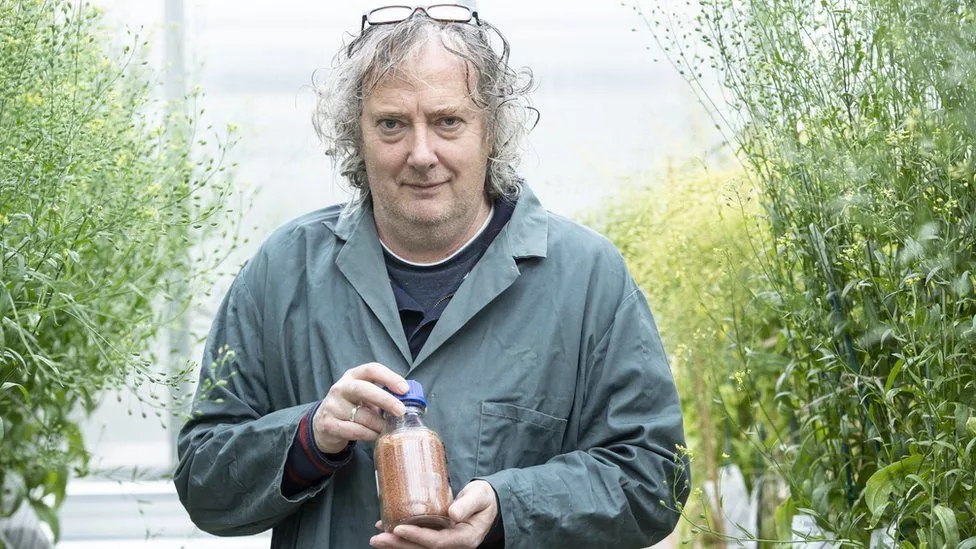The British government introduced a bill to parliament on Wednesday local time to pave the way for genetically edited plants and animals to be grown and raised for food in England It is reported that the proposed new legislation will relax the provisions on gene editing rather than GM products, but it initially only applies to plants.
The technology is not currently used in the EU. But brexit has enabled Britain to set its own rules.
Gene editing involves opening and closing genes in an organism by cutting off a small piece of DNA. It can produce varieties that can also be produced by traditional hybridization, but much faster.
Critics such as Liz O'Neill, head of GM freeze, said the new regulations removed much-needed scrutiny. "What has been deleted is the need for independent risk assessment and the need for transparency."
Many biotechnology and agricultural researchers lobbied the government to go further to legislate for the commercial use of GM crops, but ministers decided to take a more cautious approach.
Earlier transgene processes involved the addition of genes, sometimes from different species. Scientific research shows that both technologies are safe, and GM crops have been grown outside the EU for 25 years.

The British government believes that gene editing will make crops more resistant to pests and diseases and more adaptable to the impact of climate change. The aim is to increase productivity and food security.
The UK has some of the best genetic technology researchers, and the government hopes that the relaxation of the law will lead to new food and new businesses.
The Ministry of environment, food and Rural Affairs (Defra) conducted a public consultation on this issue shortly after the UK left the EU in 2020. Environment Minister George eustice told BBC news that he believes there is enough support to introduce gene editing methods for plant breeding - known as "precision breeding".
But Defra's own opinion poll on this issue shows that public support for the technology is not overwhelming: 57% say the use of GM crops is acceptable and 32% think it is unacceptable. Support for some environmentally friendly applications, such as reducing the use of pesticides and herbicides, rose to 7.0%.
Support for the use of gene editing in animals is lower because the technology can cause pain. It is beneficial for farmers and livestock to edit disease resistant genes. But there are also concerns that the technology could be used to improve farm productivity at the expense of animal welfare.
It is for this reason that the bill will not immediately allow genetic editing of animals, but it will give ministers the power to introduce the technology when they are convinced that regulation is sufficient to ensure that livestock do not suffer.

The rules governing gene editing plant research were relaxed last month because they did not require parliament to pass a new law.
Professor Johnathan Napier planted the first batch of gene editing seeds approved by the new program in the experimental field of Rothamsted Research last week. "Ultimately, society will benefit from new discoveries of better crops and more nutritious food. All these things have been promised, but making it easier to enter the fields will mean that we will see more of these promises fulfilled," he said

Jo Lewis, policy director of the organic food agency Soil Association, criticized the bill-- "The bill sidesteps the changes needed to positively address the true security and resilience of our food and agricultural systems. We are deeply disappointed to see that the government gives priority to unpopular technologies rather than focusing on the real problems - unhealthy diets, lack of crop diversity, overcrowding of farm animals and the sharp decline in beneficial insects that can eat pests."
Lewis pointed out that history has proved that with the sharp rise in the control of crop patents and unpopular and profitable characteristics, GM, the predecessor of gene editing, is only beneficial to a few large enterprises.
David exwood, vice president of the National Farmers Union, welcomed the change. "This change in science based legislation has the potential to provide some benefits to food production and the environment in the UK and will provide another tool in the toolbox for farmers and growers, as we want to overcome the challenge of providing food for a growing population and address the climate crisis at the same time."